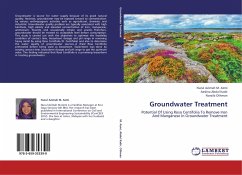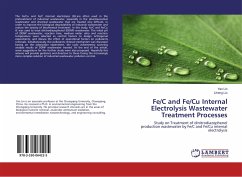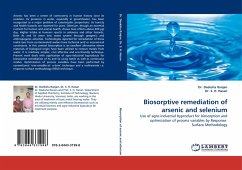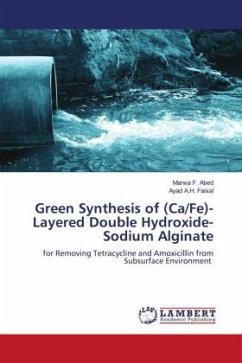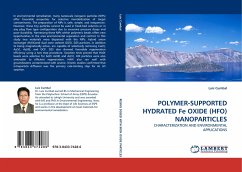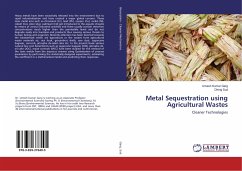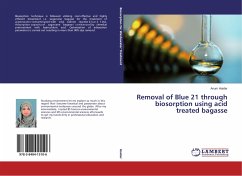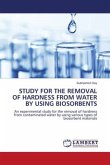Groundwater is source for water supply because of its good natural quality. However, groundwater may be exposed toward to contamination by various anthropogenic activities such as agricultural, domestic and industrial. Groundwater quality problem are typically associated with high hardness, high salinity and elevated concentration of iron, manganese, ammonium, fluoride and occasionally nitrate and arsenic. Therefore, groundwater should be treated to acceptable level before consumption. This study is carried out with the objectives to optimize the feasibility condition of contact time, biosorbent dosage and pH range in removing heavy metal by using Rosa Centifolia (R. Centifolia) and also to determine the water quality of groundwater sources. A dried Rosa Centifolia pretreated before being used as biosorbent. Experiment was done by varying contact time, biosorbent dosage and pH range to get the optimum value. The finding indicated that Rosa Centifolia is a promising biosorbent in treating groundwater .
Bitte wählen Sie Ihr Anliegen aus.
Rechnungen
Retourenschein anfordern
Bestellstatus
Storno

